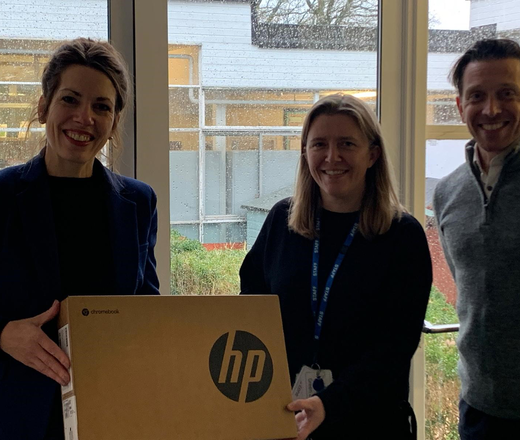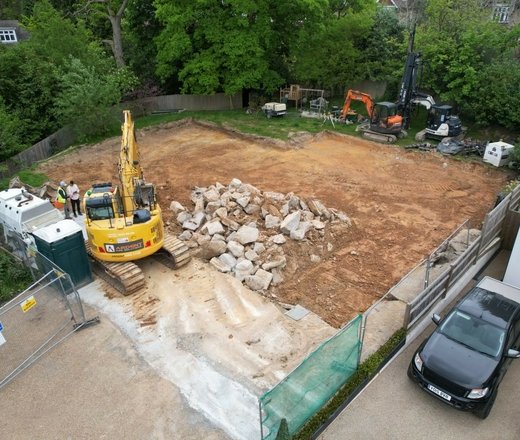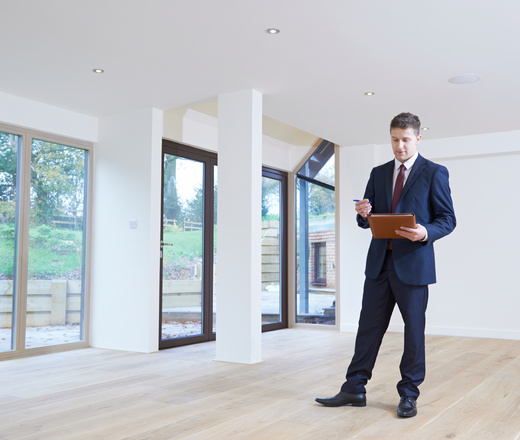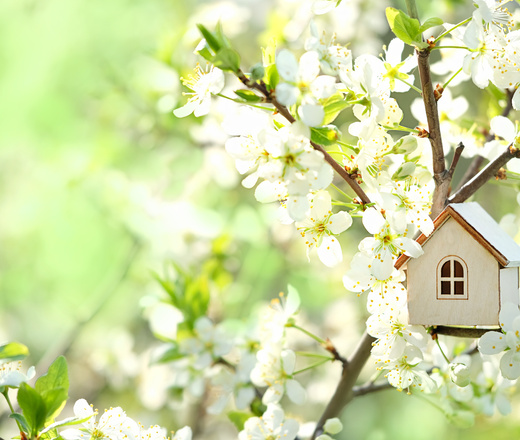Saving energy has never been more important – both for our bank balances and for the environment. While homeowners can decide where to make improvements around the home, tenants don’t often have this freedom but that doesn’t mean improvements and savings can’t be made. Below James Richards, Partner, who oversees our Lettings department, shares some useful energy saving tips and tricks for tenants.
How can I make my rental property more energy efficient?
There are several simple but effective ways you can lower your energy consumption. Currently, Landlords must ensure properties they let achieve an EPC rating of E or above, changing to a rating of C or above in 2025. Following these steps could bring you some quick wins while we wait for the new regulations to come into force.
Save on heating bills
Heating is probably one of the most expensive bills you have as a tenant. But there are ways you can reduce those bills and lower your carbon footprint at the same time:
- Turn down your thermostat by one degree – this could save you around 10% on your bill and you’ll barely notice the difference in temperature.
- Move furniture sitting in front of your radiators – it will be blocking and absorbing heat.
- In rooms you don’t use often turn down the radiator’s temperature control valves, if you have them, and close the doors.
- Turn off the heating at night and when the property is empty.
- Lower your hot water usage by reducing the amount of time you spend in the shower by a few minutes each day.
Be clever in the kitchen
There are a number of steps you can take to ensure you’re being energy efficient in the kitchen:
- Consider cooking several meals at the same time when using the oven or hob – refrigerate or freeze the extra meals for another day to microwave when you need them.
- Invest in an air fryer – they cook food in a fraction of the time.
- Keep lids on saucepans when cooking – this will mean you can turn down your hob and use less gas or electricity.
- Leave the oven door open after you’ve finished cooking, as the retained heat will warm up the kitchen – meaning you can turn down the heating.
- If you have a dishwasher, only use it when it’s full, which may mean it does not run every day in small households.
- When boiling the kettle only fill it to the level you need to save on wattage.
- Keeping the freezer fully stocked helps it operate more efficiently as lots of cold and cool items mean the appliance doesn’t have to work as hard.
- Avoid putting hot leftover food in the fridge as this makes the appliance work harder.
Washing and drying clothes
Washing and drying clothing can have a huge impact on the amount of energy you use and your bills each month. By putting these steps in place, you will soon start to see a difference:
- When washing clothes, fill the washing machine and wash at 30 degrees instead of 40.
- When drying clothes, using an airer is better than drying them on a radiator.
- Tumble dryers use large amounts of electricity and most are notoriously costly to run, so try to avoid using yours unless necessary and dry clothing outside whenever possible.
- Keep on top of maintaining your washing machine or washer dryer. Fluff can build up in filters, meaning your machine has to work harder, so give it a regular clean.
Let there be (energy efficient) light!
Check with your landlord or your letting agent if you can change to LED lightbulbs, as they last much longer than traditional bulbs. Make sure you switch off any lights you’re not using and let as much natural light into your rental property as possible.
If you’re concerned that your rental property is using large amounts of energy, or your bills are expensive, speak to your landlord as they may be willing to spend money on improving their property’s energy efficiency as this may benefit them in the future. For more information and support, please contact us, we would be delighted to help.
Market your property with Maddisons Residential
For many, the first point in their house moving journey, is to understand the value of their current home. Whether you want a quick, instant, online indication, or a more robust property specific and individual valuation, we would be delighted to help.





